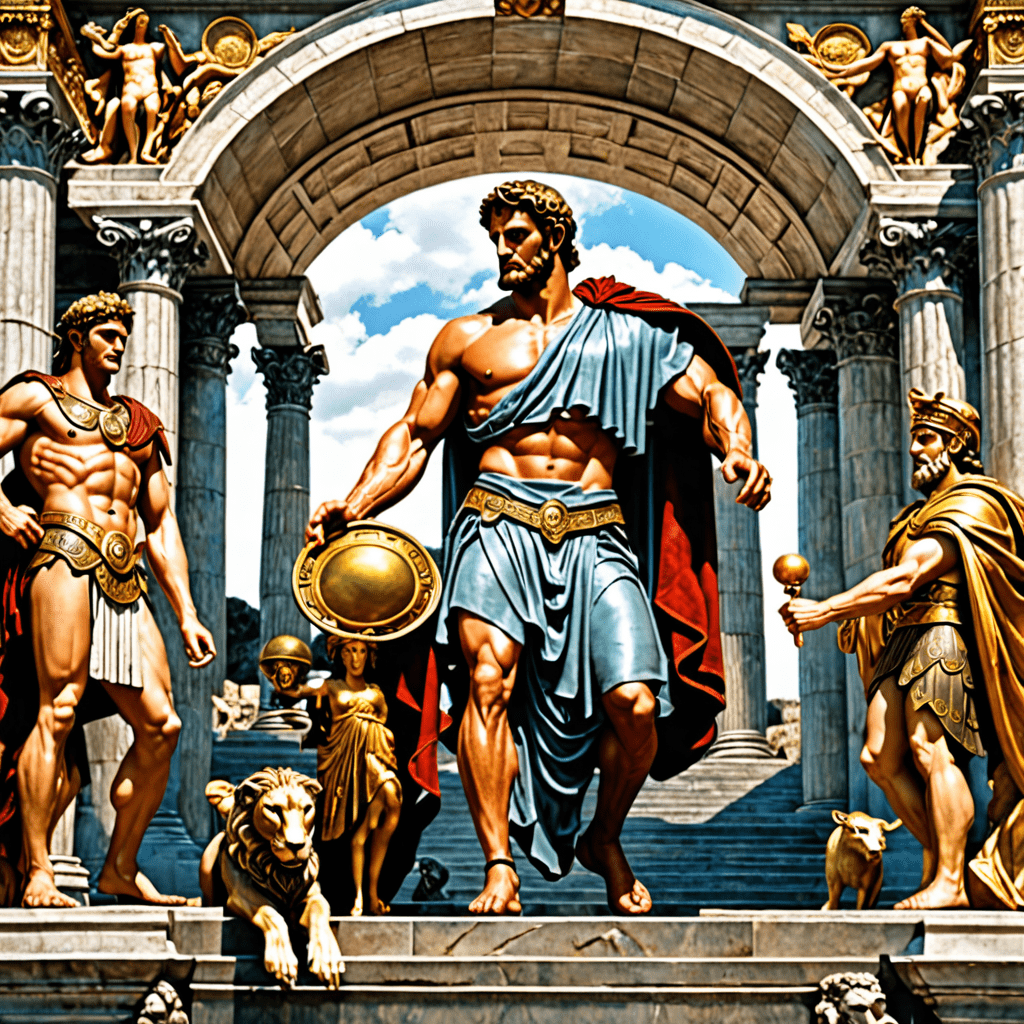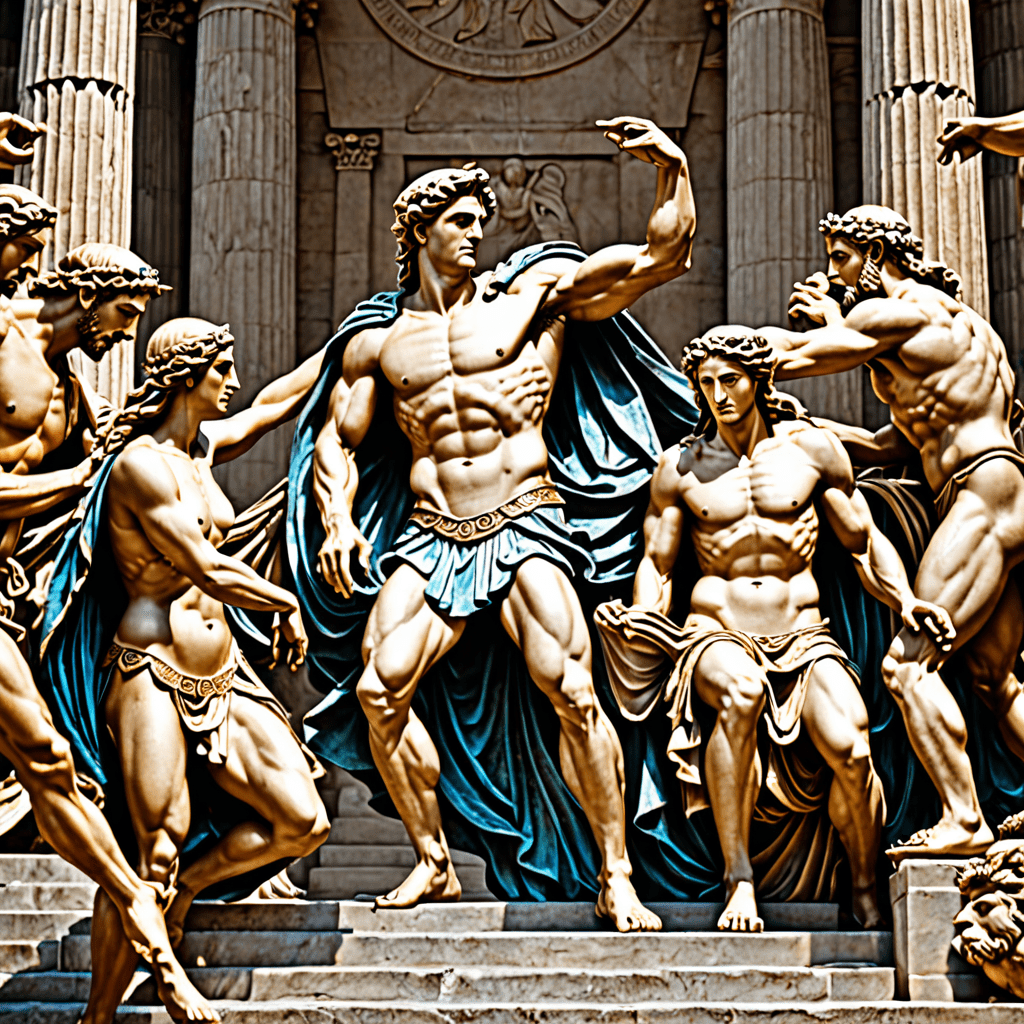The Role of Diplomacy and Alliances in Roman Mythological Stories
Throughout Roman mythology, the concepts of diplomacy and alliances play significant roles in shaping the narratives of gods, goddesses, and legendary figures. Let’s delve into how these elements influence the stories that have captivated readers for centuries.
Diplomacy in Roman Mythology
In Roman myths, diplomacy is often portrayed through interactions between gods and mortals, as well as among the deities themselves. The gods engage in negotiations, alliances, and sometimes conflicts to maintain power, influence, and order in the divine realm.
For example, in the myth of Aeneas, we see diplomacy at play as Venus, the goddess of love and mother of Aeneas, intervenes with other gods to ensure the safety and success of her son during his journey to found Rome.
Alliances among Gods and Mortals
Alliances among gods and mortals are common in Roman mythology, showcasing collaborations that lead to both favorable and disastrous outcomes. These alliances often demonstrate the intertwined fate of humans and immortals in the ancient Roman worldview.
One of the most famous alliances is between Julius Caesar and Venus, believed to be his ancestor. This mythical connection between a mortal ruler and a goddess highlights the perceived divine mandate of Caesar’s rule and his link to the legendary past.
Impact on Roman Culture and Society
The portrayal of diplomacy and alliances in Roman mythology reflects the values, beliefs, and social structures of ancient Roman society. The intertwining of politics, power dynamics, and interpersonal relationships in these myths mirrors the complexities of human interactions in the real world.
By studying these narratives, historians and scholars gain insights into how the ancient Romans perceived concepts such as loyalty, betrayal, honor, and the balance of power – all of which were crucial elements in their political and social landscape.
Conclusion
In conclusion, the role of diplomacy and alliances in Roman mythological stories goes beyond mere storytelling. It serves as a mirror reflecting the intricate tapestry of Roman society, shedding light on the interplay of divine and mortal forces, and the eternal search for power and influence.
FAQ: The Role of Diplomacy and Alliances in Roman Mythological Stories
What is the significance of diplomacy in Roman mythological stories?
Diplomacy in Roman mythological stories often symbolizes the power of negotiation and compromise in resolving conflicts among gods and mortals, showcasing the importance of maintaining peace and harmony.
How do alliances play a role in Roman mythology?
Alliances in Roman mythology demonstrate the strategic agreements and partnerships forged between deities or legendary figures, highlighting the interconnected nature of characters and the impact of working together towards common goals.


